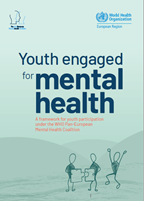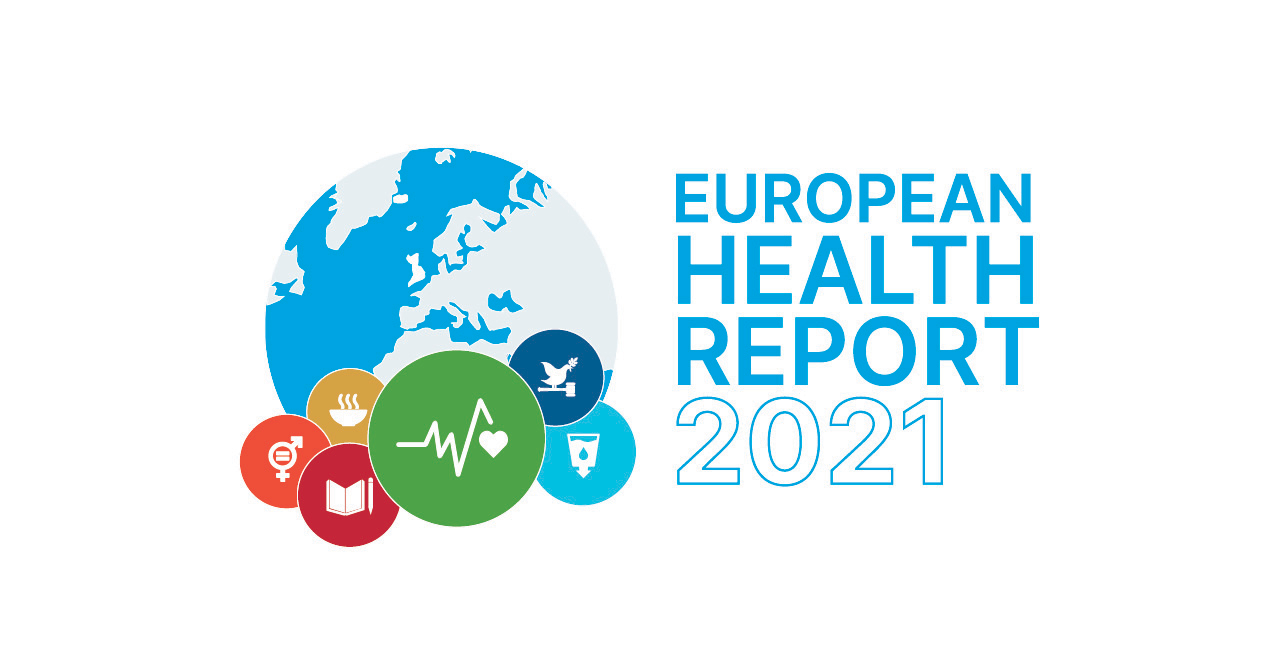
The Pan-European Mental Health Coalition
In 2019, more than 125 million people in the WHO European Region lived with a mental health condition. Many of the people living with such mental health conditions do not receive the care they need. To address these gaps in mental health services and support, many of which have been made worse by the COVID-19 pandemic, WHO/Europe has launched a new Pan-European Mental Health Coalition.
Launched on 30 September in Brussels with the participation of Her Majesty Queen Mathilde of the Belgians, the Coalition is a partnership dedicated to improving mental health across the WHO European Region. It will target gaps in mental health services by gathering national leaders, professionals, members of civil society, representatives of international organizations and experts to collaborate on bringing mental health out of the shadows and into the mainstream.
Key priorities for the Coalition will be to transform mental health services and integrate mental health into emergency response and recovery efforts, as well as promoting mental health and preventing mental ill health across the life course.
Mental health at the top of the policy agenda
Mental health represents a vital element of individual and collective well-being. It can be put at risk by stressful or adverse living, working or economic conditions, and social inequalities, violence and conflict: in this regard, the COVID-19 pandemic has demonstrated how vulnerable mental health can be. Mental health conditions are highly prevalent and represent one of the leading causes of suffering and disability in the European Region.
The challenges posed by mental health conditions touch all ages and social groups. They include a surge of diseases of despair, the persistent prevalence of depressive and anxiety disorders among young people, the growth of self-harm and suicide, and the unmet needs of people with dementia or autism spectrum disorder. Specific challenges are the rise of burnout among health workers; the need to confront the mental health fallout of the COVID-19 crisis; and the need to support the resilience of communities affected by conflict.
In many cases, the suffering of individuals and their families is compounded by stigma, discrimination and violation of human rights, and social exclusion, making the way in which society looks at people with mental health conditions a part of the problem itself.
The Mental Health Coalition will convene high-profile, committed personalities and influential stakeholders like the affected people themselves to transform societal attitudes about mental health.
The Coalition will:
- provide an overarching structure for exchanging experience and mobilizing national champions, advocates and service innovators;
- serve as the umbrella for a multi-agency, Region-wide review of lessons learnt and future perspectives for mental health policy formation and implementation;
- stimulate fundamental and applied research on mental health, with particular attention to the interface between health, social and community care and the role of primary care; the intersection between mental health and gender; and the role of temporary or chronic financial insecurity;
- facilitate national policy dialogues on mental health and psychosocial support to incorporate key mental health priorities in national policies and plans (such as cross-sector prevention; digitalization of mental health services; de-institutionalization of psychiatric care and investment in commensurate community structures; collaboration between health and social care networks; and forensic mental health).
Publications
All →Documents












